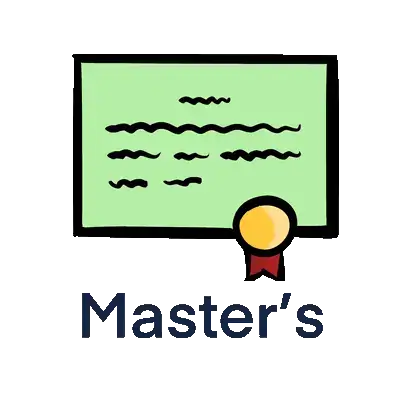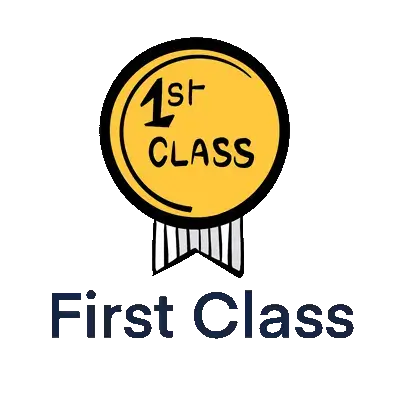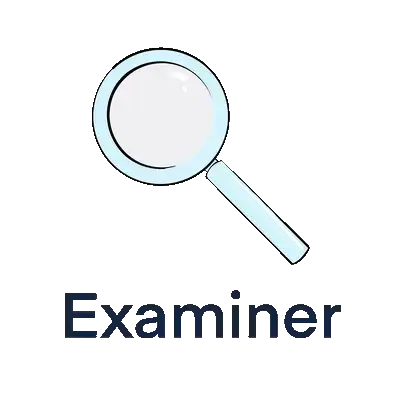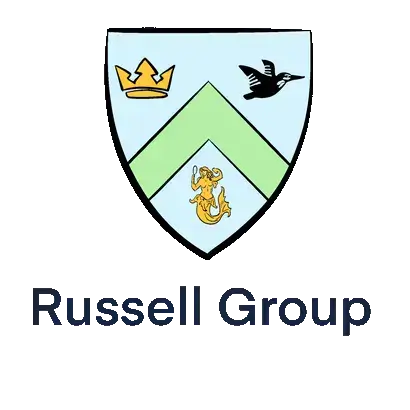The best way to support your child to prepare for 13+ English is to encourage them to read a wide variety of challenging texts and to ask them about what they are reading. There is no pattern to the extracts that come up on the Common Entrance, but candidates who have prepared by reading and discussing a range of ambitious texts will feel more confident to tackle something unfamiliar. You can also support your child by discussing the written work that they produce, encouraging them to explain and justify their ideas.










